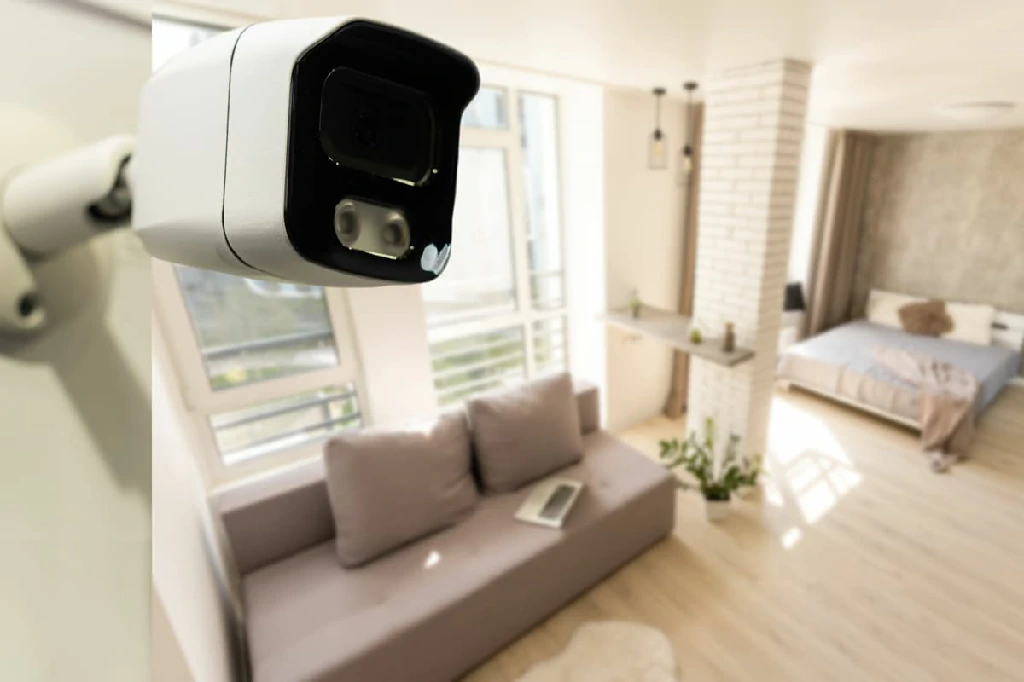Electronic Security means using technology to keep places, information, and people safe from theft, damage, and unwanted entry. This includes things like security cameras, alarm systems, door entry controls, and protecting online information.
More people are using electronic security because technology has gotten better, cheaper, and easier to use. It’s now a big part of keeping businesses, government offices, and homes safe.
It helps stop theft, deal with emergencies, and makes everyone feel safer.
New technologies have made these security systems even smarter, allowing for instant monitoring and quick responses to any dangers.
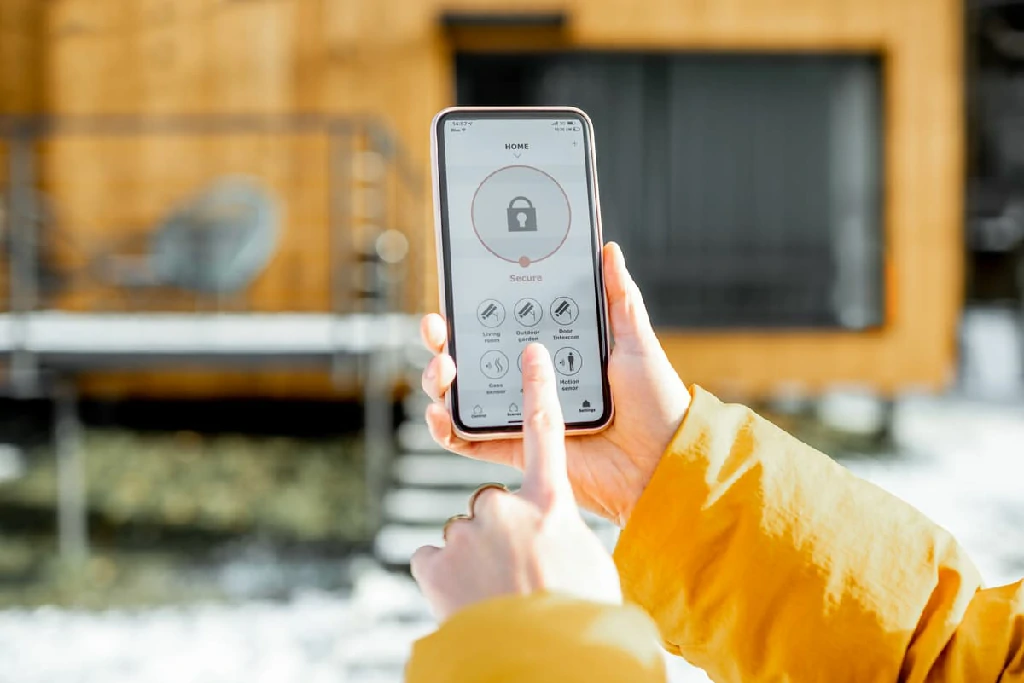
What is Electronic Security?
Electronic security means using tech tools like cameras, alarms, and computer security to keep things and information safe from unauthorised use, theft, or damage.
It includes different ways to watch over and protect places and data, helping to scare off intruders, track any security problems, and gather evidence if needed.
The main goal is to use technology to make sure people, businesses, and important services can work safely without interruption and keep important info protected.
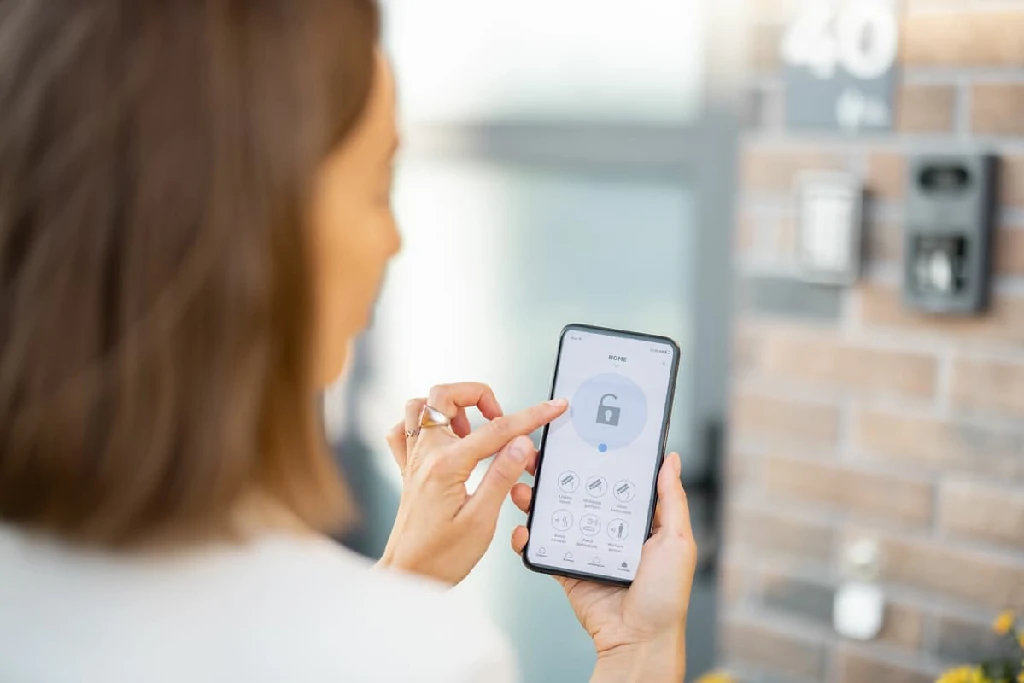
We provide and set up different types of security systems for both businesses and homes. Our systems cover everything you need, work well together, and can grow with you. They’re also easy to use and won’t break the bank.
Must Have Electronic Security Device
Electronic Security Devices send smart warnings to make your spaces safer, making sure you’re always informed.
Cameras
Security Cameras watch over areas, help stop crimes before they happen, and record videos to catch criminals. Modern cameras can see in the dark, detect motion, and let you watch the footage from anywhere.
Alarm Systems
These systems alert you or the security company if someone breaks in. Alarm Systems can have sensors on doors and windows, motion detectors, and even sensors that hear glass breaking. Alarms can be loud to scare off thieves or silent to inform the police without the thief knowing.
Access Control
These systems control who can enter a place. They might use codes, key cards, or even fingerprints or facial recognition to let the right people in and keep others out.
Motion Sensors
These sensors notice when someone is moving in an area they shouldn’t be and can turn on lights or cameras or send an alert.
Smart Locks
Instead of traditional keys, these locks use codes, smartphone apps, or even your fingerprint to lock and unlock doors, making it harder for intruders to get in.
Video Doorbells
These let you see and talk to someone at your door through your phone or computer, whether you’re home or away, adding an extra layer of security.
All these tools can work together in a security system to protect against break-ins and other security risks, making a place safer for everyone.
How Electronic Security Deters Theft
Electronic security helps stop theft and keep out uninvited guests by being visible and quickly spotting any trouble.
Being Seen
Just having cameras, motion detectors, and alarms can scare off thieves.
They know they’re more likely to get caught on a property with these gadgets.
It’s like putting up a big sign that says, “We’re watching you,” making burglars think twice before trying anything.
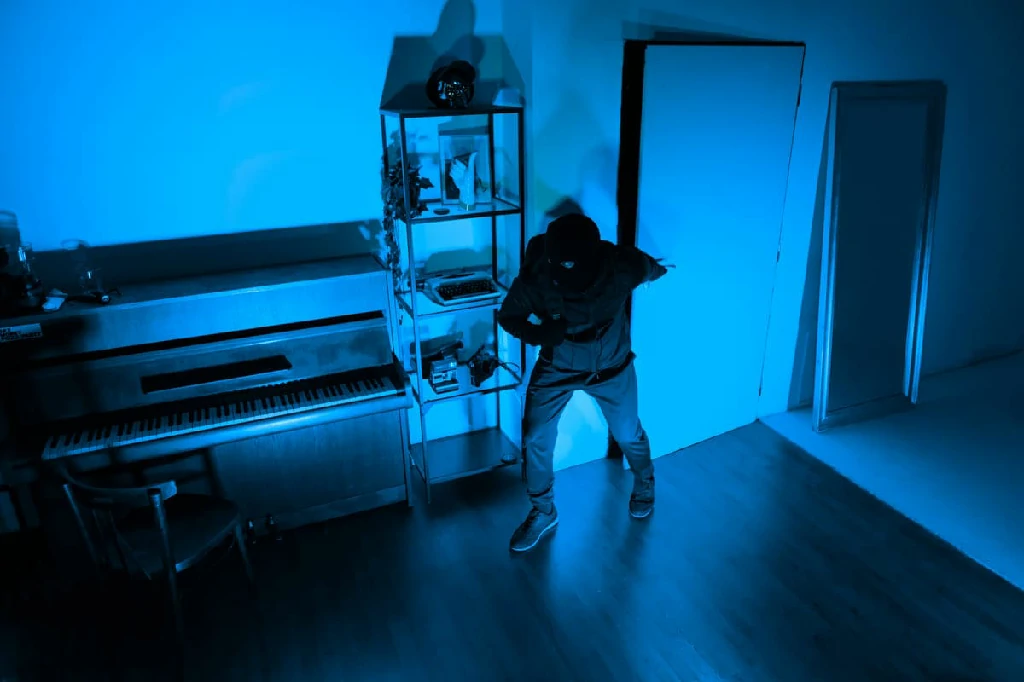
Quick to Spot Trouble
These systems are built to notice intruders or strange behaviour right away. Whether it’s a sensor on a window or a motion detector in the yard, Electronic Security can pick up on someone trying to sneak in and set off alarms immediately.
This quick action can stop thieves before they manage to steal anything or do damage.
Alarms and Alerts
If something does happen, alarms can make a lot of noise to scare the intruder away and draw attention to the break-in.
At the same time, the system can let the property owner know what’s happening, and if it’s connected to a monitoring service, they can call the cops.
This means help is on its way fast, making it more likely to catch the burglar.
Collecting Proof
Beyond stopping theft, these systems help collect evidence. Video from security cameras can help figure out who the intruder was, how they got in, and help the police catch them.
Knowing they’re being filmed makes thieves worry about getting caught, adding another reason for them to stay away.
How Electronic Security Protect Properties from Damage
Security systems do a lot more than just stop theft or keep out unwanted visitors. The systems also help protect homes and buildings from things like fires and water leaks.
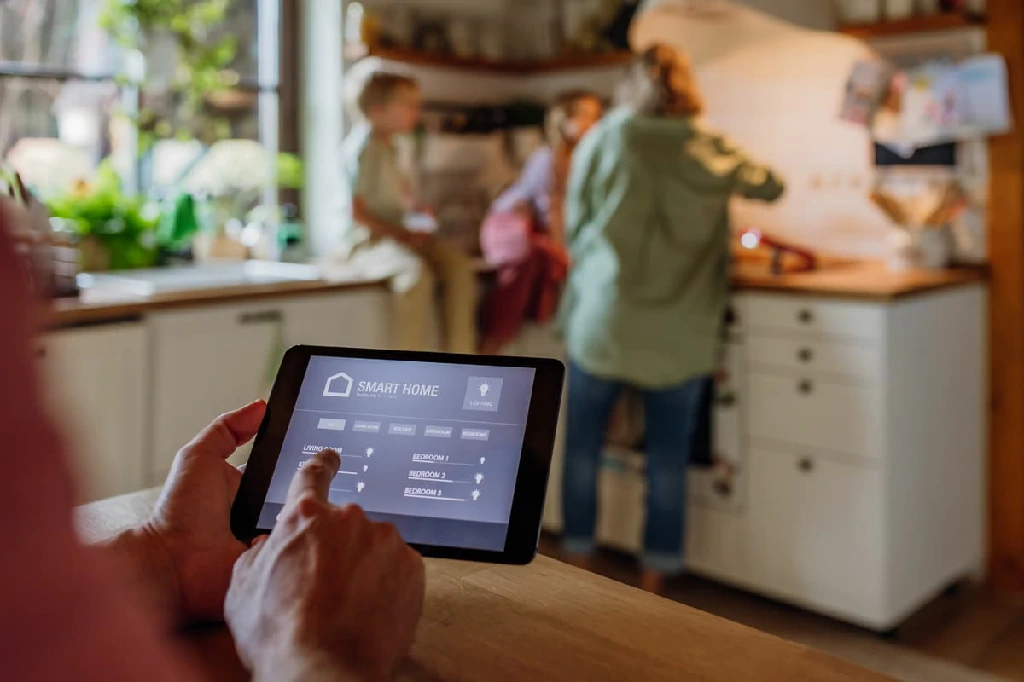
Smoke and Fire Alarms
These are part of bigger security setups and warn you early if there’s a fire, which can save lives and stop a lot of damage. The alarm can sense smoke or a sudden rise in temperature and make a loud noise to let everyone know. Some even tell the fire department directly or turn off air systems to stop smoke and fire from spreading.
Water Leak Detectors
Placed in spots where leaks might happen, like kitchens or basements, these sensors can tell if there’s water where it shouldn’t be. Catching a leak early means you can avoid major water damage, mould, or even structural problems, saving you from spending a lot on fixes. They can make an alarm sound or send you a message if they find something.
Carbon Monoxide Detectors
Since you can’t see or smell carbon monoxide, these detectors are super important for noticing this dangerous gas early. It can come from things like heating appliances if they’re not working right. These alarms give people a heads-up to get out and air out the place before anyone gets sick.
Temperature Sensors
These warn you about big swings in temperature that could mean your heating or cooling system is broken, there’s a fire, or your pipes might freeze and burst. Knowing this early can help you act fast to prevent damage.
Environmental Monitoring
Some fancy security systems can also keep an eye on things like humidity, air quality, and more. This helps avoid damage or health issues from things like too much moisture or poor air inside.
How to Choose the Right Security System
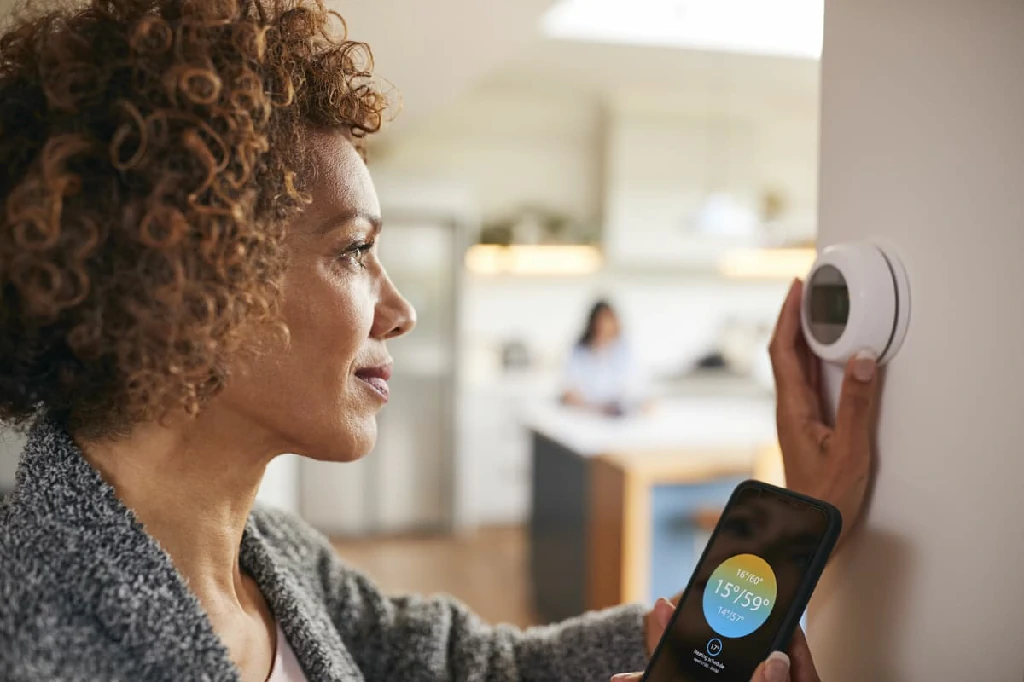
Figure Out Your Risks
Start by thinking about what dangers your place might face. Look at things like how often crimes happen in your area, what valuable stuff you have, and if you’ve had security problems before. Places with more valuable stuff or higher risks might need fancier systems.
Size Matters
The size of your place will help you decide what kind of system you need. Big places need more cameras and sensors to watch everything, while smaller spots might be fine with simpler setups.
Can It Work Together?
Choose a system where all parts (like cameras and alarms) can work as one. This makes it easier to manage and can make your security better. Systems that can connect to smart home tech are also cool for extra control.
What Features Do You Need?
Think about what features you need, like seeing in the dark, getting alerts on your phone, or sensing motion. Pick the most important features based on what risks your place has.
Install It Yourself or Get Help?
Decide if you can set it up yourself or if you need a pro. Professional systems are tougher and come with help and monitoring, but they cost more. DIY systems can save money and are more flexible, but you have to handle them yourself.
Do You Want Monitoring?
Think about if you want a company watching over your place all the time. This gives extra safety but costs a monthly fee.
What’s Your Budget?
Security is super important, but so is how much you can spend. Look for a system that gives you good security for the money, not just the priciest one.
Can You Add to It Later?
Pick a system that lets you add more stuff later as you need more security or as new tech comes out.
Ready to Secure Your Property?
Start feeling safe with KJ Electronic Security, your go-to for custom security solutions. Whether it’s for your home or business, our team is on standby to help you find the perfect fit for your specific needs.
Don’t risk your safety – our expertise brings you complete peace of mind.
Take it slow, think things through, and consider chatting with our security experts to pick a system that you need now and can change as you need more.
